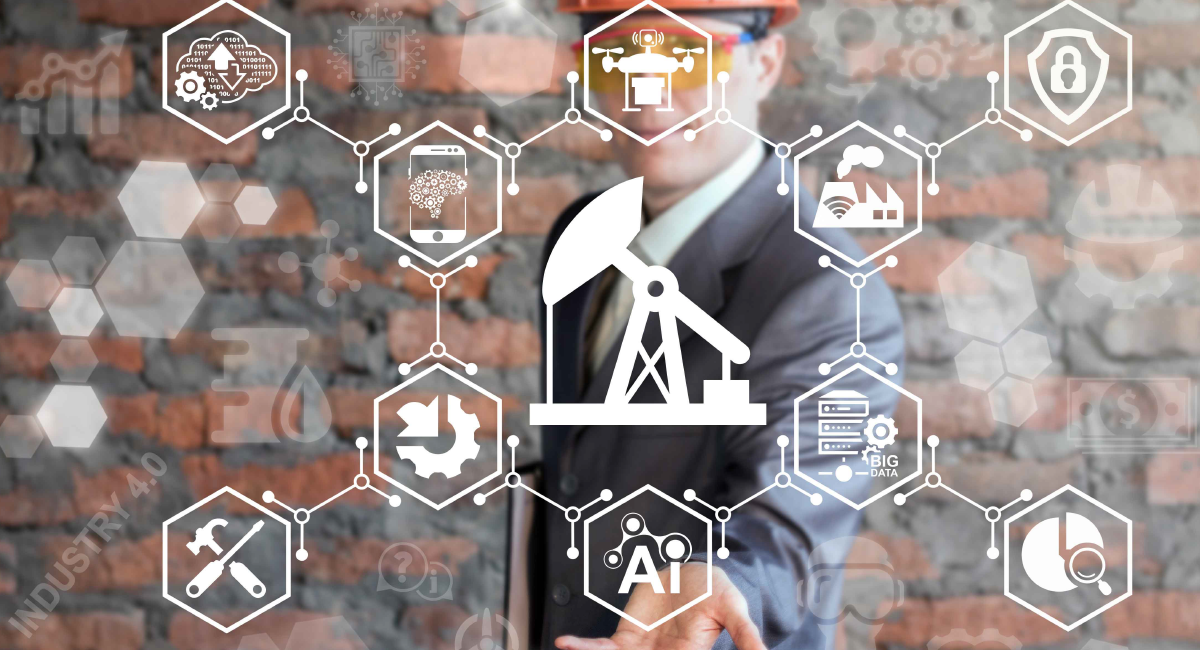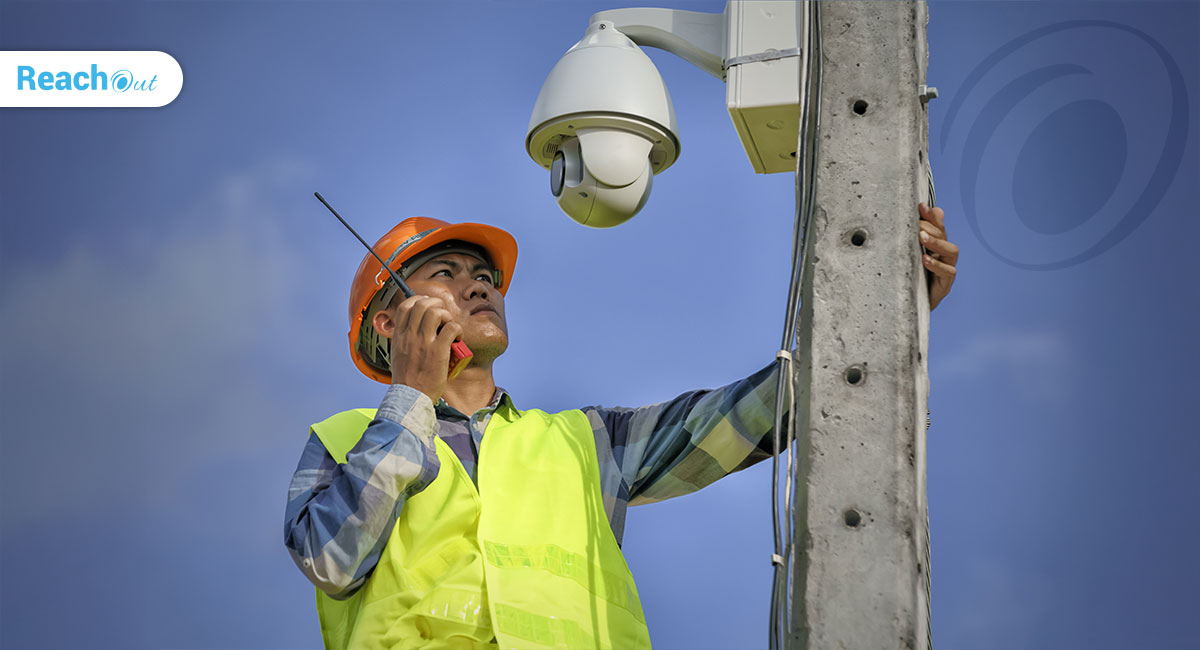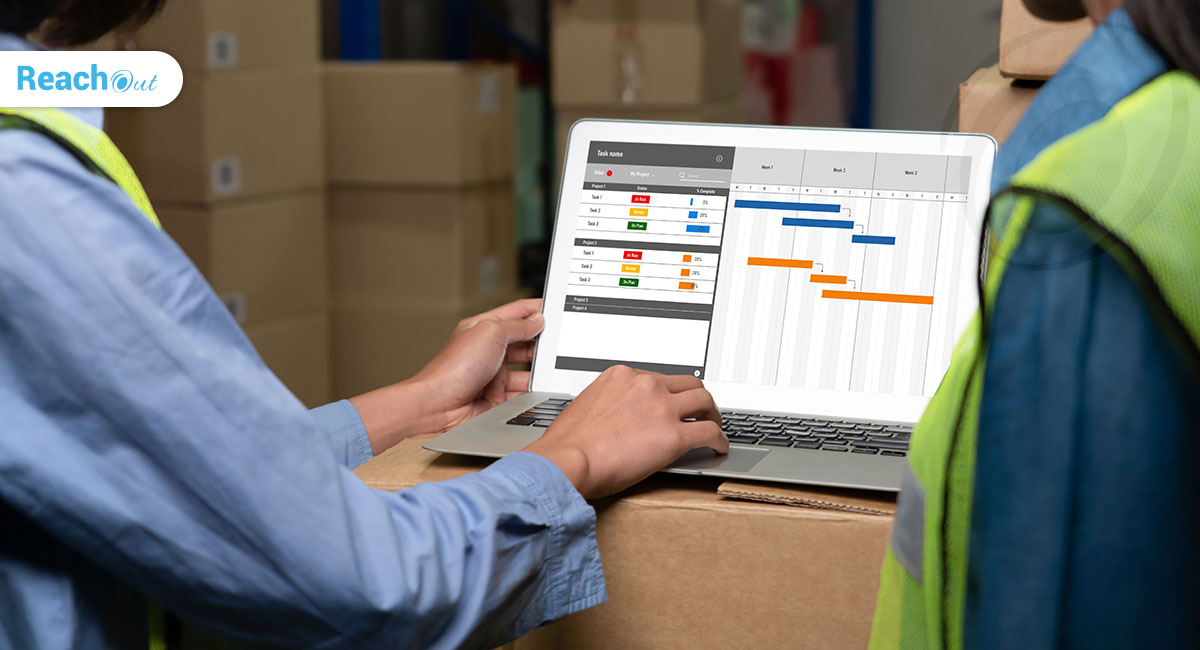
IoT and AI Fostering New Innovations In The Field Service Industry
The Internet of Things (IoT) and Artificial Intelligence (AI) fundamentally alters the way we live and work. The new world of connected, intelligent devices spur on automation and takes geography out of the equation of field service delivery. However, IoT, AI, and associated technologies are only a medium and not an end in itself. Successful enterprises leverage these technologies and innovate their way to competitive advantage.
The Changing Nature of Enterprise Development
Field service operates in an unpredictable external environment. Despite technological advances, delivering satisfactory services depends on many out-of-control variables such as transportation bottlenecks, weather, lack of visibility outside the enterprise, unsupervised field technicians, and dependence on third parties. As such, wait windows extend to days, missed deliveries and unprepared technicians are the norm rather than the exception.
Interweaving the Internet of Things (IoT), Artificial Intelligence (AI) and Augmented Reality (AR) into the fabric of field service offers the perfect platform for enterprises to innovate and overcome many such traditional obstacles. Integrated field service management suites, which control almost all aspects of field service operations with a high level of automation, are today the basic platform to overcome such challenges.
IoT Heralds New Paradigms
The very nature of IoT drives innovation. IoT is not a ‘plug and plays’ technology, and enterprises need to develop solutions to implement solutions based on technology. The extremely fluid nature of the IoT ecosystem, with the number and types of devices in the IoT environment, increasing by the day fuels the need for innovation. Enterprises seeking to leverage the technology have no option but to develop custom solutions by themselves, for the want of ready-made solutions.
IoT and related technologies such as predictive analytics allow field service enterprises to shift from reactive to proactive service. The IoT system relays intelligence to the enterprise and offers timely alerts about the health of machinery, the state of external variables, and other advanced analytical insights. Smart enterprises use such information to develop creative solutions aimed at enhancing customer delight.
The enhanced connectivity and insights brought about by IoT propels the application of Augmented Reality (AR). Servicing customer equipment through AR glasses is one innovation that has become hugely popular, and is now entrenched as a benchmark to emulate. AR enables several such cutting-edge possibilities, such as self-service resolution through remote assistance, increased first-time fix, and other vital field service functions.
The real benefit of IoT realizes when breaking away from the established process or system to create new cutting-edge insights. Integrating IoT to existing support channels offers new ways to delight and retain customers, with the incidental benefit of freeing up employees to focus on other tasks.
Artificial Intelligence Propels Operational Excellence
Artificial Intelligence heralds a paradigm shift in the way a business operates, and how customers interact with it. The technology optimizes various aspects of service delivery, from technician travel routes to schedule service, from diagnosing issues to managing connected devices efficiently, and much more. It also opens a host of possibilities, from automated dynamic scheduling to intelligent chatbots that factor human emotions in the equation, and more.
Enterprises are now toying with leveraging such emerging technologies to deliver more value-added services to the customer. Caterpillar, for instance, has innovated a system where an internally developed iPad app offers an interface with IoT sensors, to generate real-time diagnostics and repair protocols.
The application of Machine Learning solutions, which learns from every interaction and gets better and better in delivering effective customer-friendly solutions take subjective human bias, fatigue, and other inefficiencies out of the equation.
Innovation to Drive Change
AI and IoT enable enterprises to herald much-delayed digital transformation. Smart change managers use these technologies to innovate solutions relevant to their enterprise, to overcome obstacles that stifled transformation in the first place.
Tech-laggard enterprises could very well leverage IoT, AI and associated technologies to leapfrog technology generations. For instance, Iflix, which offers thousands of TV shows, movies and more from around the world. The company behind the product consolidated multiple integrations and multiple payment systems, centralizing processes into one efficient, cloud-based e-wallet to ease things for the customer.
Consider the much-hackneyed case of today’s customers not prepared to suffer delays to accommodate a technician’s service schedule. The way forward to retain customers is for the field technicians to determine their exact time of arrival. Field service companies are taking this concept further by reducing wait-in windows, leveraging IoT sensors and other technologies to indulge in anticipatory service scheduling and optimize the likelihood of first-time fixes.
Smart companies place the customer first in everything they do. They redesign their processes and systems to ensure optimal customer convenience and satisfaction, rather than expecting customers to adjust to whatever system they have been historically following or is cost-effective for them.
The Push towards Transparency
IoT sensors offer real-time and live alerts on the state of things. Artificial Intelligence makes it possible for computers to act the right way, in the best interests of the enterprise and its customers, based on such live alerts. Augmented Reality provides unprecedented visibility into worksites. Tools to live track technicians, AR Goggles that offer hands-free assistance to technicians are already commonplace. Smart enterprises are busy innovating more cutting-edge tools and applications to make their lives easy and further enhance customer delight.
IoT also provides unprecedented visibility into the underlying data related to devices, processes, and customers. Armed with AI and machine learning-based solutions, field service providers collect and turn the vast amount of such collected data into actionable insights to drive meaningful improvements.
Intelligent feedback using IoT, AI and other emerging technologies collects and validates feedback on the state of equipment health, the extent of customer satisfaction, and various other critical parameters, to improve service
With the ability to better process, interpret and learn from data, more field service providers will be able to automate tasks that do not require human input. Sophisticated chatbots delivering instant answers have already helped solve the problem of long hold times plaguing customer support of many businesses.
IoT and AI offer immense scope for innovation centered on data-based analytics and service. About 79% of enterprises already use IoT data analytics to establish products or process quality imperatives, and several enterprises plan to make major investments in AI and machine learning in the coming months.
Sachin Krishna
Sachin works as a part of the digital marketing team at ReachOut Suite. He believes in a healthy and resourceful web and does his own little contributions for the purpose by creating and disseminating innovative and quality content.
More posts by Sachin Krishna


